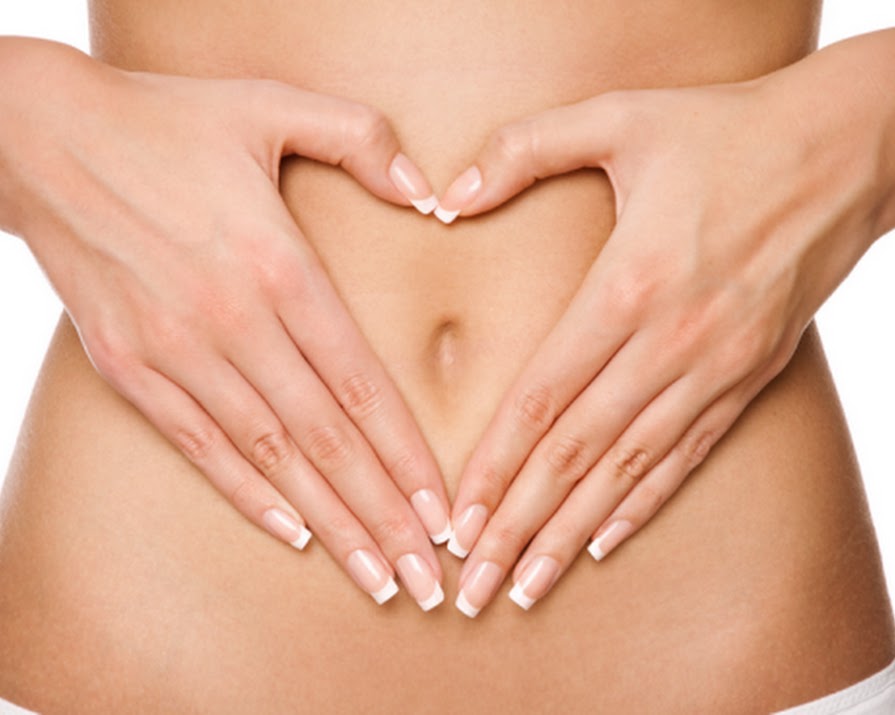
By IMAGE
07th Jan 2015
07th Jan 2015
Many esteemed health professionals will agree that at the centre of all good health is a healthy gut. But a fully functioning digestive system, complete with the perfect balance of bacteria, isn’t only necessary for your physical health; your mental health needs it too.
Recent research reveals powerful and interesting links between our brains and our guts, further confirming the mind/body connection.
At this stage, for anyone to say that the two operate independently of one another is preposterous, just look at how your body physically reacts when you feel frightened/excited/sad or any other emotion. Almost every feeling you have in your head will find itself manifested in your body. It’s imperative now that healthcare moves in a direction that looks upon our minds and bodies as one, the emotional mind inextricably linked with the physical body as a two-way street.
While much of the research done has centred around animals, we are now moving toward human testing. Now, exciting new research furthermore relates our gut health to our experience of anxiety in particular, according to Oxford University’s neurobiologists. Anxiety is something we all experience to varying degrees, and while we work hard to manage it, perhaps if we pay particular attention to our gut, we’ll notice an improvement.
As per The Huffington Post, ‘the researchers found that supplements designed to boost healthy bacteria in the gastrointestinal tract (“prebiotics”) may have an anti-anxiety effect insofar as they alter the way that people process emotional information.’
Speaking to The Huffington Post, the study’s lead author Dr Philip Burnet explains:?”Prebiotics are dietary fibers (short chains of sugar molecules) that good bacteria break down, and use to multiply… Prebiotics are ‘food’ for good bacteria already present in the gut. Taking prebiotics therefore increases the numbers of all species of good bacteria in the gut, which will theoretically have greater beneficial effects than [introducing] a single species.”
How they arrived at this conclusion?
In their hopes of proving their hypothesis, the researchers asked 45 healthy adults between the ages of 18 and 45 to take either a prebiotic or a placebo every day for a period of three weeks. Once that time was up, they then tested the adults using various computer programs, examining how they processed emotional information, looking for stark differences between the placebo takers and the prebiotic takers.?Needless to say, it was revealed that subjects who had taken the prebiotic were less reactive toward negative information, paying more attention to positive information, compared to the placebo group. It would therefore appear that the prebiotic subjects experienced less anxiety when faced with negative stimuli. What makes this rather significant, however, is that they also found that those who took the prebiotics had much lower levels of cortisol in their saliva than the placebo subjects. Cortisol is the stress hormone that, when produced in great amounts, leads to anxiety and depression, of which there has been many separate studies done.
On where this takes us, Burnet says:?”I think pre/probiotics will only be used as ‘adjuncts’ to conventional treatments, and never as mono-therapies… It is likely that these compounds will help to manage mental illness… they may also be used when there are metabolic and/or nutritional complications in mental illness, which may be caused by long-term use of current drugs.”
So, prebiotics anyone?
Follow Caroline Foran on Twitter @CarolineForan























